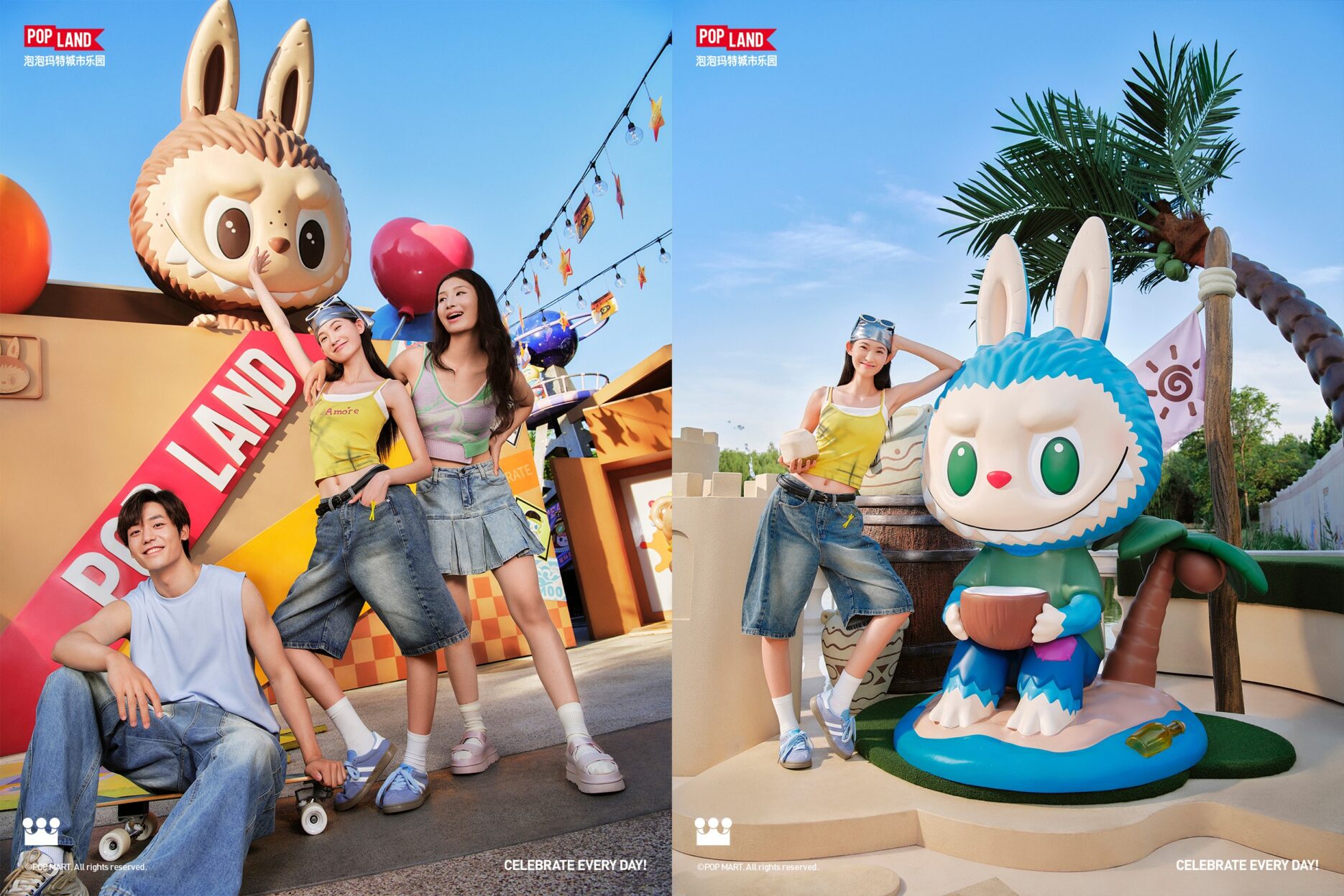While the LABUBU boom shows no signs of slowing down in China and abroad, POP MART has been fighting a two-front war: one, to maintain a steady supply of LABUBU to fend off resellers without diluting the desirability of the IP; the other, to defend its intellectual property against counterfeits and imitators. It is against this backdrop that LAFUFU has become an internet phenomenon.
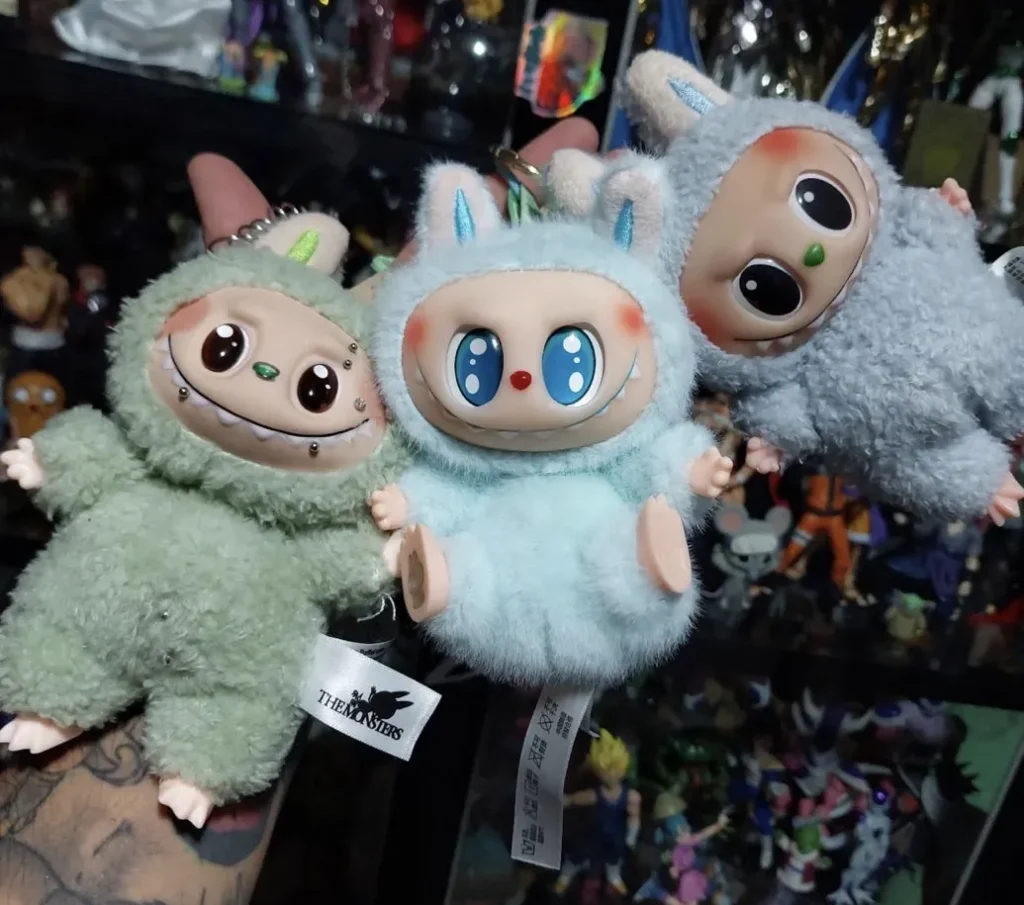
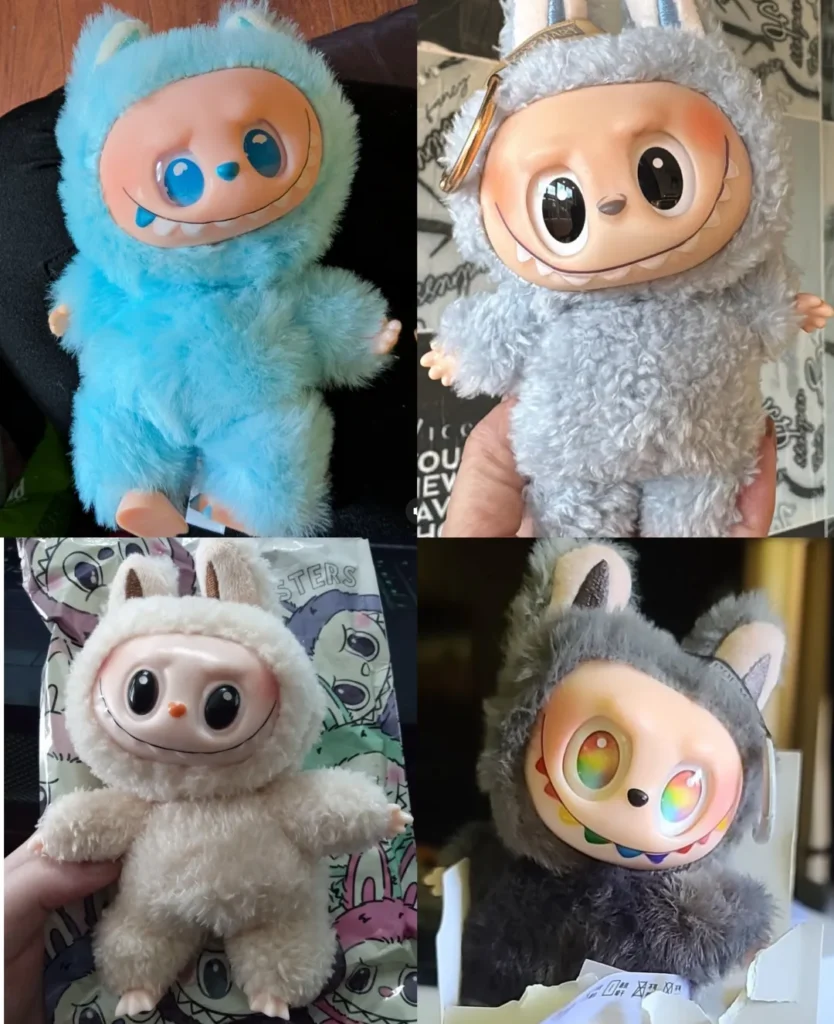
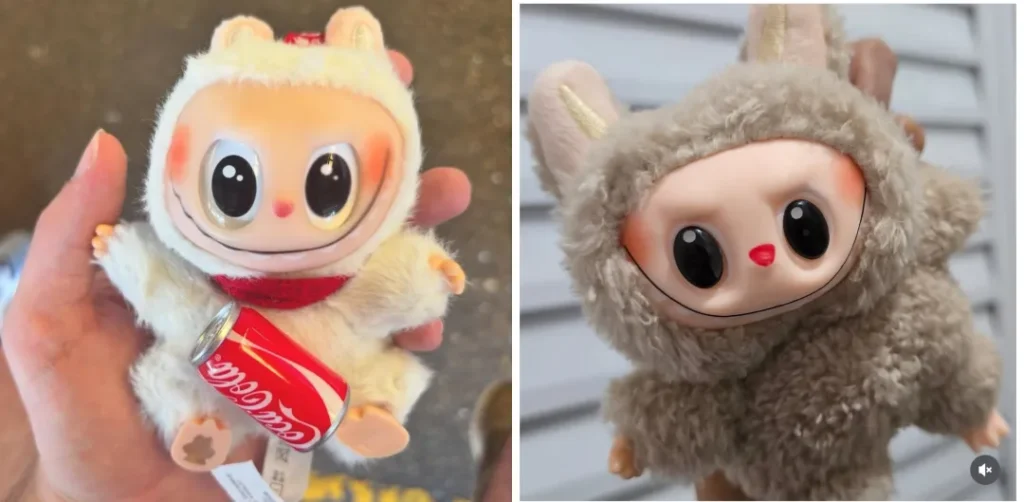
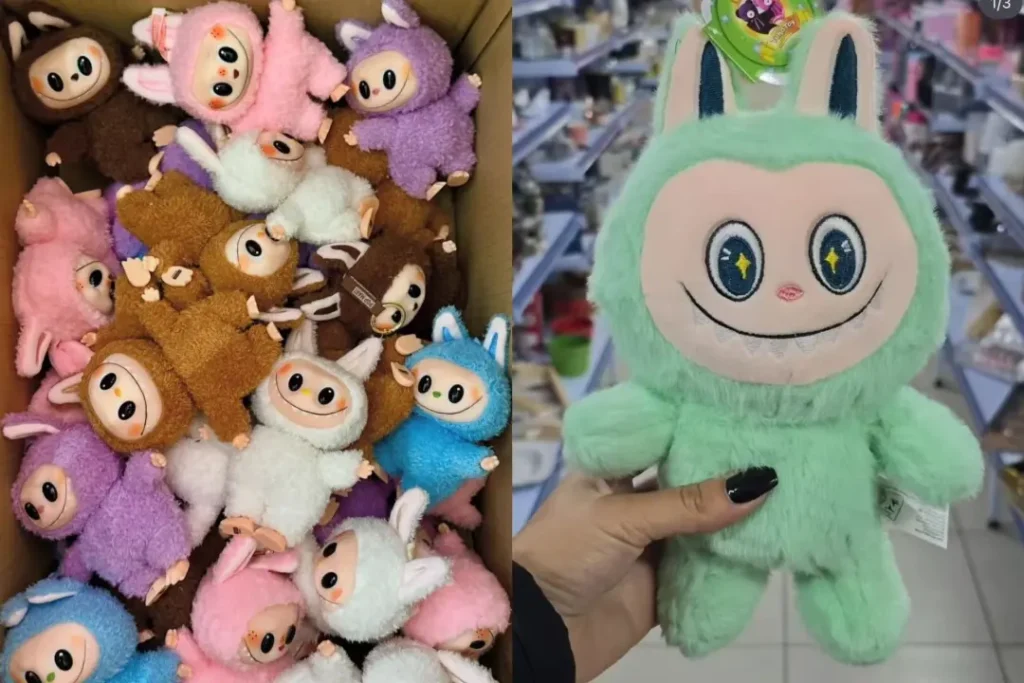
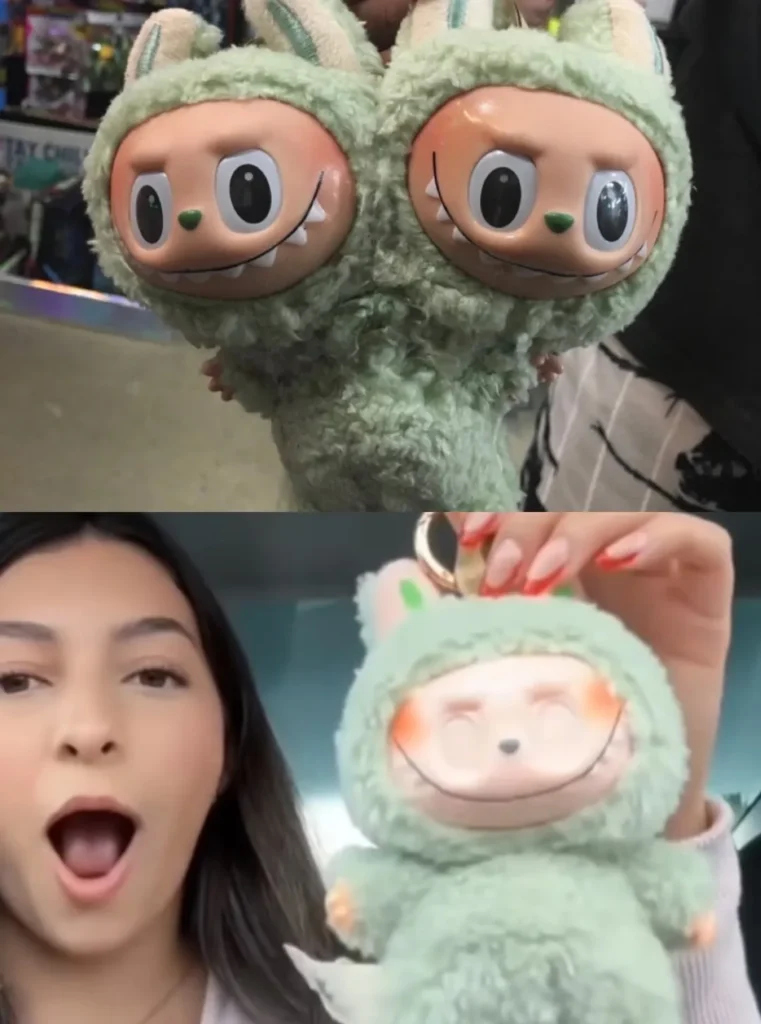
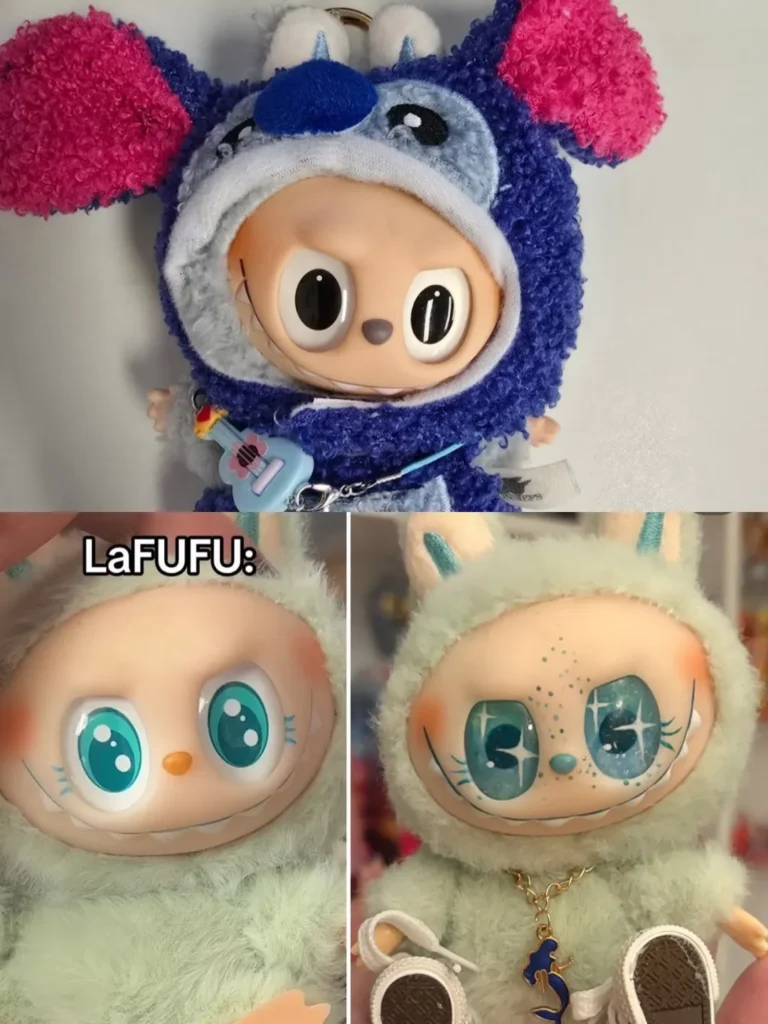
Originally a name for certain counterfeit and imitation LABUBU dolls, LAFUFU has become a generic term for fake LABUBUs, and is now widely used as an umbrella term for all shoddily made counterfeits and imitations that are just different enough not to be considered identical to the POP MART original. In China, they are typically frowned upon, as people who are unable to get genuine POP MART LABUBUs usually opt for the “high quality” or even “1-to-1” copies of the toy. However, LAFUFU went viral among Western netizens for the sheer humour of the crude imitations and the creative ways used to avoid being exact copies of authentic LABUBUs. As the West’s amazement with LAFUFUs makes its way onto Chinese social media, Chinese netizens are feeling the same complex emotions as when “shanzhai” (山寨) was first exposed to the West in the mid-to-late 2000s.
- #lafufu: 11.28 million views on Weibo, ranking number 22 on the Hot Search list
The latest development, however, is that POP MART has registered the trademark “LAFUFU” in China. A source close to POP MART has told journalists that it is an active defensive move to curb infringement. While pundits doubt it will be effective against the many counterfeits with various names on their labels, it could prevent competitors from creating something different enough not to infringe the IP, yet close enough to be called “LAFUFU”. In fact, should POP MART receive the blessing of LABUBU creator Kasing Lung, they could produce their own version of LABUBU as a postmodern meta-commentary, one that would surely attract more “abstract” humour lovers.




